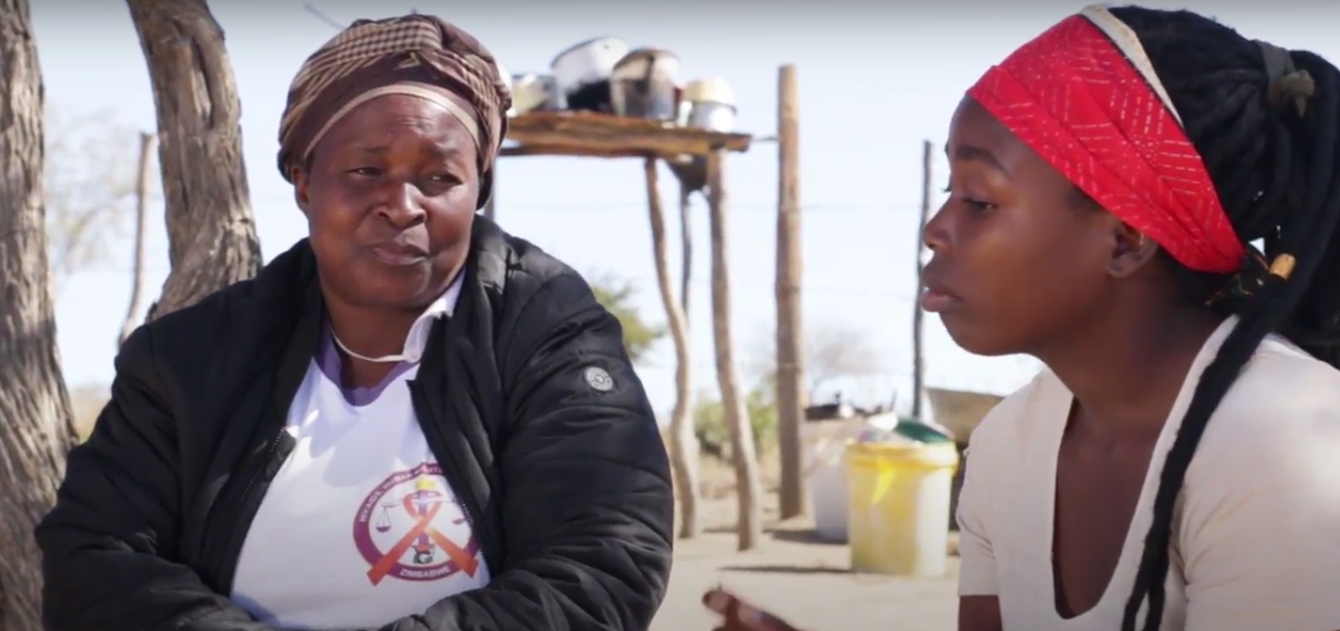
Manners & Protocols in Ndebele Culture
Ndebele Manners & Protocols
Like all the other Nguni/Bantu tribes of Southern Africa, the Ndebeles’ concept and interpretation of ‘manners and protocols’ revolve around the ideals of UBUNTU. Ubuntu can be described as “humanness” in a broad sense. It is guided and informed by the foundational principles of respect, politeness, obedience, warmth, empathy, and many other moral principles and values held high in esteem by society.
“Ukuhlonipha” or respect forms a significant aspect and guiding principle in the interpretation of manners in the Ndebele culture and traditions. In the context of the Ndebele culture, respect forms a significant part of Ubuntu, and it represents acknowledging another person, primarily by subduing oneself and elevating the other (humility). Humility is reflected in many forms, including taking a deep bow, kneeling, squatting, or avoiding eye contact, especially with the elderly.
Foundations of respect, Ubuntu
Politeness: This in the Ndebele context and concerning Ubuntu includes, among other elements, graciousness, civility, courtesy, respect, and even the ability to “walk in another person’s shoes” or being empathetic.
Obedience: this means mostly adherence to set principles, values, and standards of behaviour within society. It can encompass taking in and embracing the instructions of one’s parents or elders, respecting the instructions of one’s supervisors at work or in the regiment during initiation school or ceremonies.
Warmth: The best way to interpret this will be through the concept of empathy. Warmth can also represent the warmth of the heart in feeling another’s pain and wishing them well in life. Empathy is an essential element in the Ndebele culture because it cancels out the unwanted element or value of selfishness.
Hierarchy: in the context of respect, hierarchy refers to the relationship between the young and the old, societal hierarchies which will include the relationship between the royals and their subjects, village elders, married and unmarried members of society. Hierarchy is essential for the Ndebele because it determines how members of the community interact and helps keep orderliness in society.
Greetings
Another significant element of sound, acceptable manners amongst the Ndebele people is the concept of ‘greetings.’ Since they are a community-based tribe, the Ndebele have over the years cultivated a culture of passing greetings as both a way to show respect and to reflect empathy and humility towards one another. Therefore, it is fundamental that for one to be considered a well-mannered member of society, they must pass greetings and must also answer or respond to greetings given to them appropriately. Greetings are a symbol of respect, and they are done/passed between people for the entire day.
Greetings are sometimes used to express gratitude to others. As a result, not only is it impolite not to greet others, but it is also seen as a sign of disrespect, and it is not tolerated at all.
However, it is essential to note a hierarchy attached to greetings regarding who is supposed to or is expected to speak first. Under normal circumstances, the expectation is for the younger to greet the older first. Therefore, it is against this expectation that some elders will keep quiet and act as if they have not seen a younger person until they greet them first. Failure by the young person to greet the elderly will be interpreted as disrespectful and, therefore, bad manners.
Note, however, that greetings for the Ndebele are not just limited to ‘good morning/ afternoon; instead, they are considered complete after enquiring and getting positive feedback on the well-being of the other. This element can be seen to reflect the acceptable norm and value of empathy as discussed above “your neighbour is your brother or sister,” the Ndebele believe.
Nonetheless, unless you are familiar with them and are of the same age group, the Ndebele people do not accept or tolerate using a person’s first name. Over and above this, children are prohibited from ever mentioning an elder’s first name. It is considered disrespectful and treated as taboo. The acceptable norm is that anybody (elder) who has a child/children must be referred to using their children’s names. For example, mother of Bekhezile or father of Zwelihle.
A typical, acceptable form of Ndebele greetings goes something in the following order:
Salibonani: Good Morning/ good afternoon/ good evening. This greeting is the standard form of greeting in the Ndebele language.
Uvukenjani/ Livunkenjani:How did you sleep? (how are you this morning?)
U(Li)itshonenjani: Good afternoon, how was your day?
U(Li)lalekuhle: Good night, sleep well
In this case, “U” Is the singular, and “Li” is the plural. The latter is typically reserved as a sign of respect and is used by the young when greeting elderly members of society. Therefore, it will be considered impolite for a younger person to greet an elder in the singular form; hence, using the plural by the young is an expectation in the Ndebele culture. Of importance too is that by ‘elder’ here, we also refer to high-ranking society members. For example royals, and other respected members like mayors, members of parliament, and others.
Guests
The Ndebele culture places a premium on treating visitors well. This practice is so predominantly because how one treats their guests is taken to reflect specific family values. It can determine how other members of society view your entire extended family. For this reason, therefore, all guests are welcome and are to be treated with the utmost respect. They are to be made ‘to feel home.’
On the other hand, another expectation is that the visitor must also bring some form of present/token upon visiting someone’s home. Arriving with a present or token is seen as a sign that you thought of those that you visit and have an appreciation for them (another form of expressing empathy). When invited to a home, women will generally join the matriarch and assist in whatever way they can with meal preparation, table setting, or cleaning up. Females mainly take on this role. Failure to do so may be deemed laziness. Over and above all these, it is considered polite to eat whatever the host provides (whether you feel full or not) and not to be wasteful. The latter is so partly because it is also taken to reflect your (the visitor’s) family values or image.
Manners within the Family
The family is considered to be the first unit of society. The family is considered very important in shaping and moulding manners within the Ndebele society and communities. It is for this reason that the following protocols are strictly observed:
- Never look your elders in the eyes: this is considered wrong and is seen as a challenge (to authority) and undermining the elderly.
- One’s brother and your sister are umnewethu and udadewethu, respectively. Therefore, it is acceptable to call your brother umnewethuNkomo or refer to your sister as udadewethu so and so as opposed to using only their names.
- However, as for your elder brother, you don’t just call his name, but you’ll have to refer to them as‘ubhudi,’ followed by their name.
- One may answer “we-e-e!” to their younger siblings. Parents always respond “we-e-e!” to their children irrespective of their age. This practice symbolises hierarchy in the family.
- The child shows respect as described above to any other relative designating their relationship. When responding to one’s father’s sister, one must say “Babakazi” or “Malume” when responding to one’s mother’s brother.
- But it is “Baba” to any of their father’s brothers or “Ma” to their mother’s sisters. This can be premised on the cultural belief and stance that all elders are one’s parents, especially those born with your parents.
- Both maternal and paternal grandparents are “Babamkhulu” or simply “Khulu” for grandfather and “Gogo” for grandmother. All other elders at the age of “babamkhulu” or “Gogo” are referred to similarly.
- Children must show more respect than what has been described above. Before modern times, a girl child was expected to kneel when talking to her father during the entire conversation.
- She was not expected to look her father (or any other elder person) directly in the eyes; it was considered disrespectful.
- When an older person offers a child something, they must receive it with both hands. It is considered disrespect
- full to accept or to give with one hand. In any case, one must always use the right hand to give or receive. The left hand must never be used even when presenting something to your age mate because of the myth that it carries bad luck.
- It is disrespectful for a child to point the finger at anybody older than them.
- As a general rule, one must not eat while standing. One must respect the person who prepared the food by sitting down, and men must also take off their hats.
- Children in the company of elders must be quiet and not make noise, start a conversation, or play among themselves.
- They are expected to go outside or elsewhere away from the elders. Otherwise, they will disturb the conversation of the elders.
